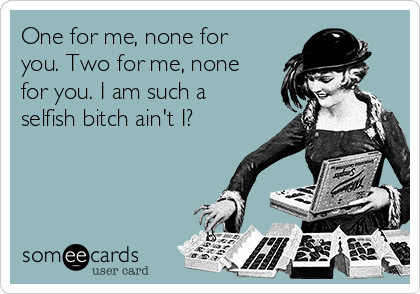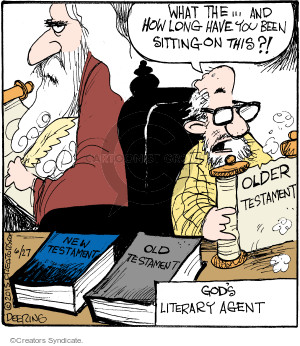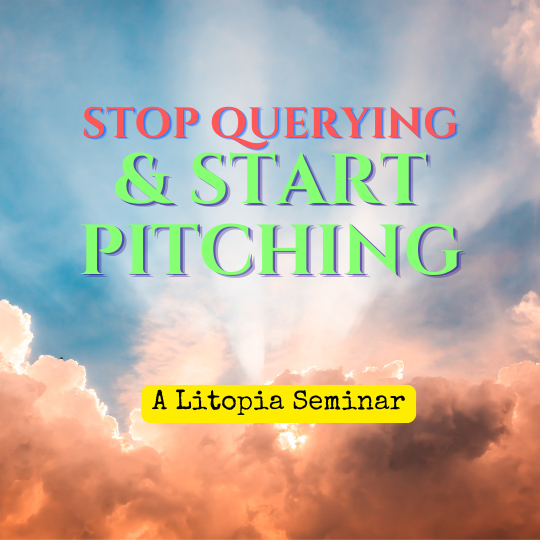Paul Whybrow
Full Member
Some of you may have seen the shocking story about how an accountant for a prestigious New York literary agency Donadio and Olson embezzled $3.4 million, leaving them on the verge of bankruptcy. It beggars belief that there were no auditing checks in place, to curtail the fraud.
Their best known client is Chuck Palahniuk, famed for Fight Club, who's declared that he's "Close to broke," as a result of this swindle.:
Chuck Palahniuk 'close to broke' as agent's accountant faces fraud charges
Many of us have wasted hours on submitting queries to literary agents, lucky to receive a form email of rejection—or, more likely not getting any response. I've always been in two minds about the advantages of having a traditional publishing deal, as arranged by a literary agency, and going it alone via self-publishing online; I've said several times on the Colony, that the former way of getting into print amounts to slavery. Doing things for yourself might mean working like a slave too, but at least you get most of the profit.
Today, I came across a dissection of the literary agency fraud, which is well worth a look, as Kristin Katherine Rusch knows her stuff and points out several things that I haven't seen elsewhere, including how unregulated literary agencies are, and that potentially an author could lose the rights to their own books, if they've signed a contract that gave the agency partial ownership—which makes it a saleable asset of the business that can be sold to cover debts.
Business Musings: An Agent Nightmare Revealed
The main reason that I've previously chased representation is to get the expertise of a publisher to help market my books, but these days, an author is expected to do most of the razzmatazz themselves via social media and blogging, arranging their own interviews and personal appearances, so what's the point of being tied to a contract?
If I could go back in time, before I returned to creative writing, I'd have studied for a marketing qualification: it ain't what you've written, it's how you sell it that counts!
Rusch firmly advises that writers go it alone, without the dubious representation of a literary agent.
I think that the first part of stepping towards a potential trap, by querying literary agents, is that we seek validation for our work—if a publishing industry professional thinks our manuscript is good enough to be published, then we get a warm glow inside—turning our attention back to writing new material and washing our hands of the business side.
What do you think?

Their best known client is Chuck Palahniuk, famed for Fight Club, who's declared that he's "Close to broke," as a result of this swindle.:
Chuck Palahniuk 'close to broke' as agent's accountant faces fraud charges
Many of us have wasted hours on submitting queries to literary agents, lucky to receive a form email of rejection—or, more likely not getting any response. I've always been in two minds about the advantages of having a traditional publishing deal, as arranged by a literary agency, and going it alone via self-publishing online; I've said several times on the Colony, that the former way of getting into print amounts to slavery. Doing things for yourself might mean working like a slave too, but at least you get most of the profit.
Today, I came across a dissection of the literary agency fraud, which is well worth a look, as Kristin Katherine Rusch knows her stuff and points out several things that I haven't seen elsewhere, including how unregulated literary agencies are, and that potentially an author could lose the rights to their own books, if they've signed a contract that gave the agency partial ownership—which makes it a saleable asset of the business that can be sold to cover debts.
Business Musings: An Agent Nightmare Revealed
The main reason that I've previously chased representation is to get the expertise of a publisher to help market my books, but these days, an author is expected to do most of the razzmatazz themselves via social media and blogging, arranging their own interviews and personal appearances, so what's the point of being tied to a contract?
If I could go back in time, before I returned to creative writing, I'd have studied for a marketing qualification: it ain't what you've written, it's how you sell it that counts!
Rusch firmly advises that writers go it alone, without the dubious representation of a literary agent.
I think that the first part of stepping towards a potential trap, by querying literary agents, is that we seek validation for our work—if a publishing industry professional thinks our manuscript is good enough to be published, then we get a warm glow inside—turning our attention back to writing new material and washing our hands of the business side.
What do you think?






